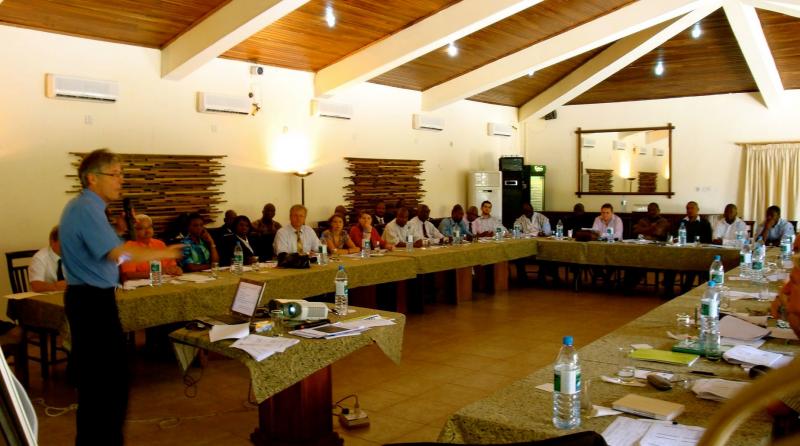Early this year, as part of the so called External Assistance Management Report (EAMR), all delegations were asked to map their significant ongoing technical cooperation support and major features of Programme Implementation Units. A first summary of this mapping exercise has now been prepared.

The mapping exercise is summarised in five findings:
- EC is still the main contractor of Technical Cooperation (TC) activities, except for African, Caribbean and Pacific (ACP) countries where partner government as a default mode has been used as contracting authority (but without using the country systems). In Asia, EC is managing 90% of TC support, while it comes close to 100% in the ENP region.
- There are no reports of delegated cooperation activities with Member States where these execute EC-funded activities on behalf of the EC.
- Overall, capacity development support appears as the main stated purpose of most TC operations. In the ACP, while TC is mainly managed by the authorities, capacity development is the purpose of 50% of the support, while implementation is the purpose fro 35% of the support.
- The self-assessment of the quality of TC activities indicated that TC support seems to be of acceptable quality; only a low number of operations have major problems.
- Still 19 new parallel Project Implementation Units (PIUs) are expected to be established in 2009, but the total stock of parallel PIUs is decreasing in the right pace in order to meet the Paris target of reducing the stock with two-third (2006: 251; 2007: 224; 2008: 79, and 2010: 57).
Some caution is needed when interpreting the results reported above. Not all delegations have reported, and the quality of the reporting differs - it is simply difficult to define clear standards against which to assess for example quality of ongoing TC operations. Some delegations may have been giving a rather optimistic picture of the current situation, while others may have been more negative in their self-assessments.
The initial mapping report is now being shared with the delegations. A discussion will follow about how to improve the mapping and make it more useful. The mapping questionnaire will be modified before the next reporting round which is expected in January 2010.





Log in with your EU Login account to post or comment on the platform.